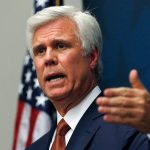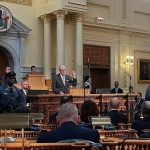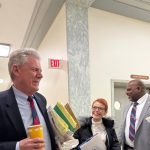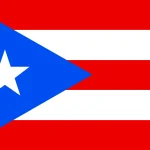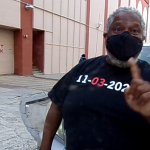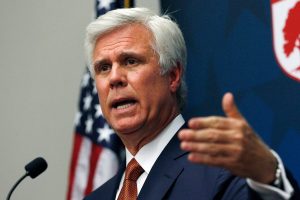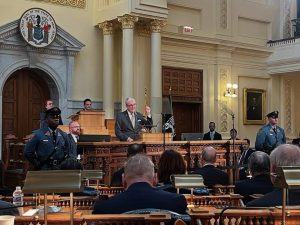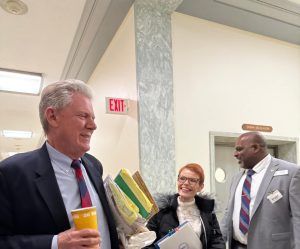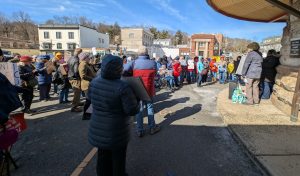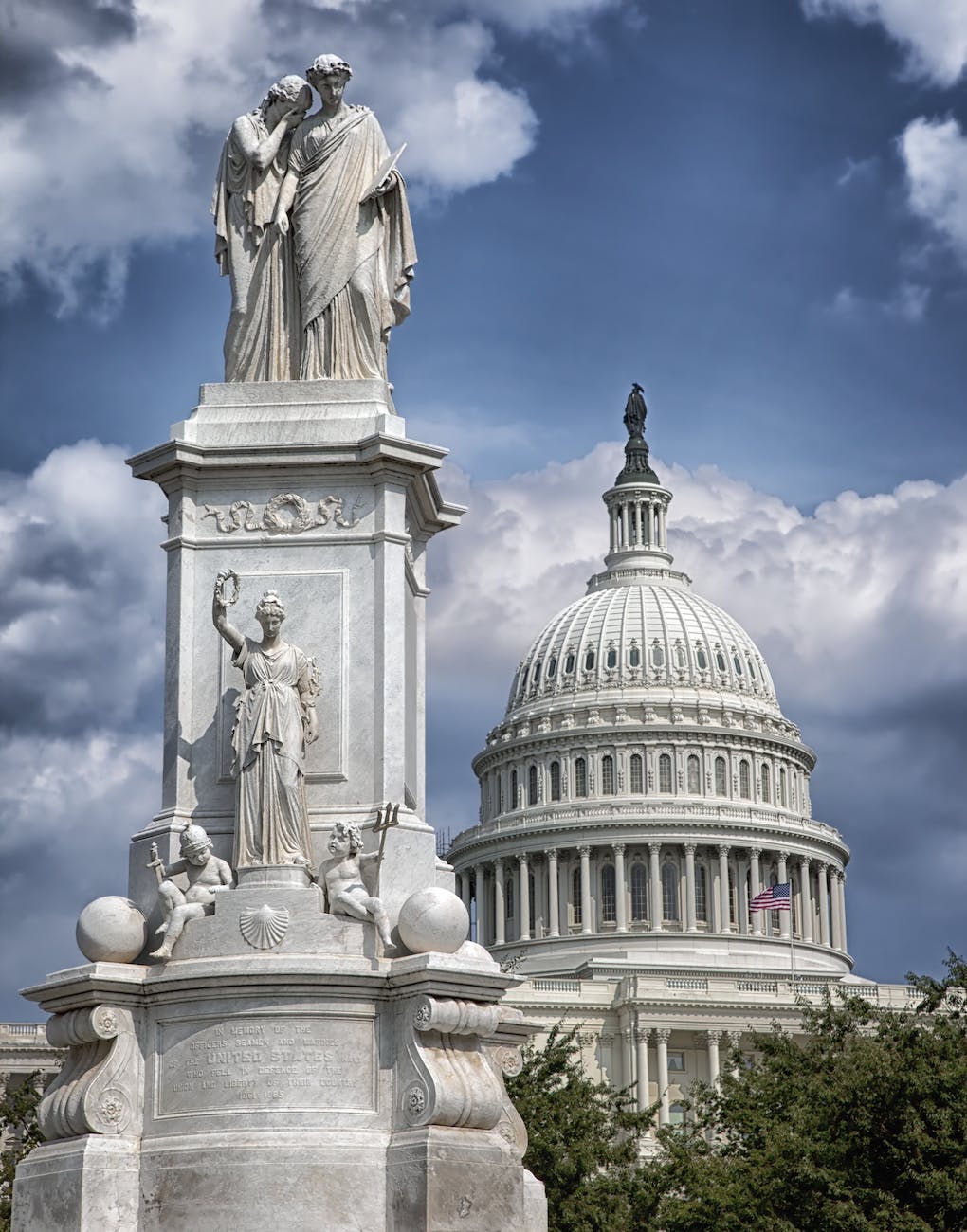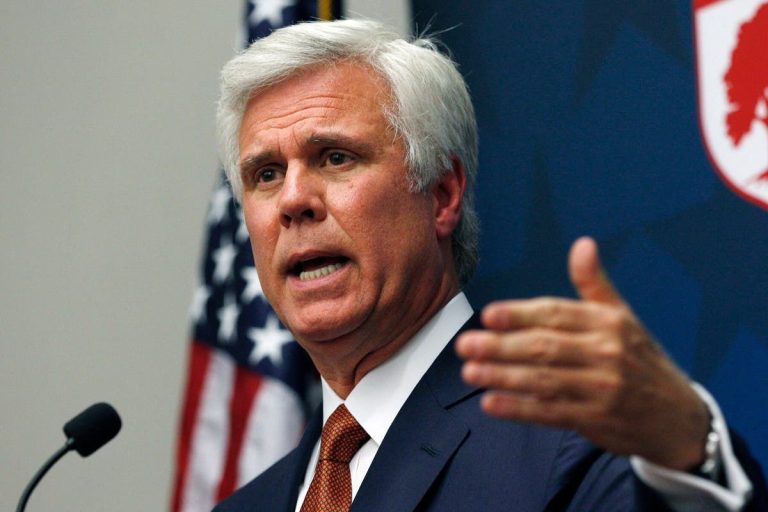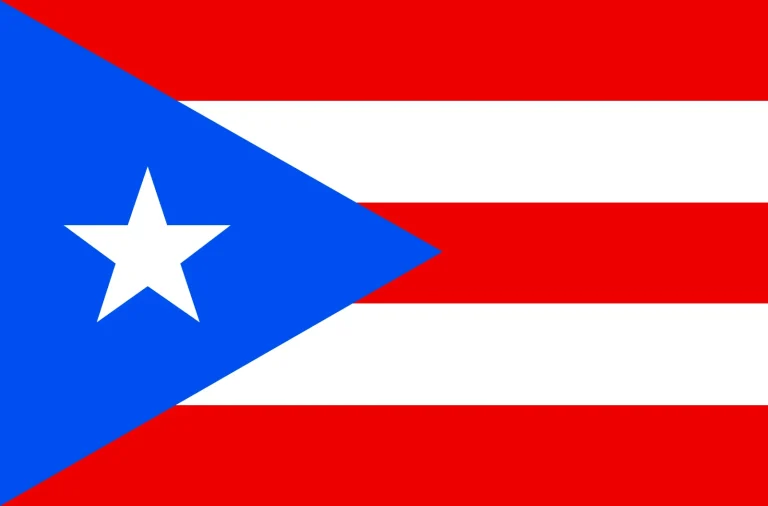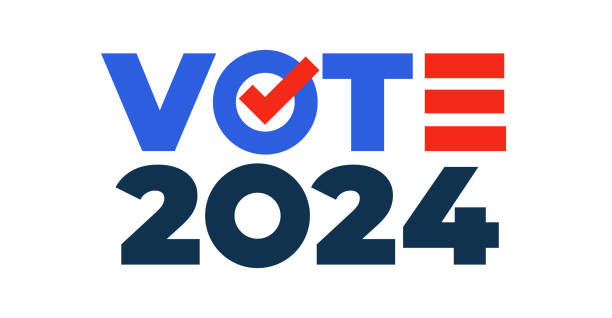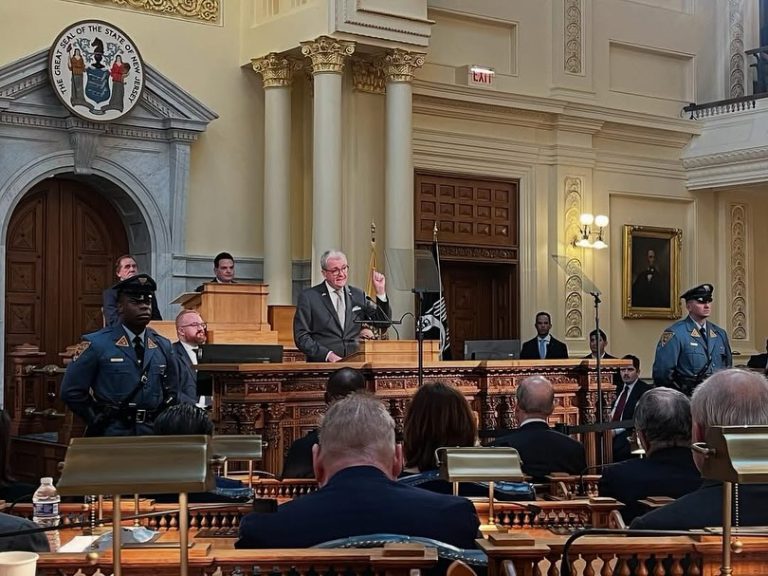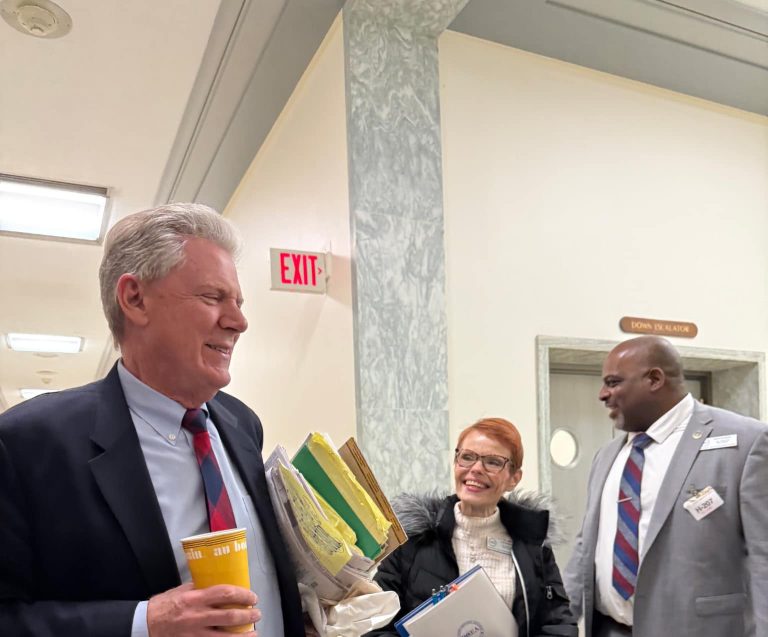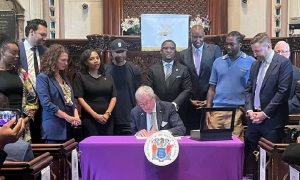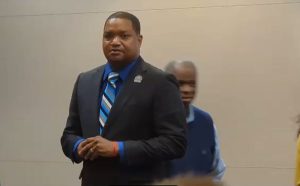TRENTON — In a ceremonial yet significant conclusion to New Jersey’s election season, the state’s 14 presidential electors cast their votes on Tuesday for Kamala Harris and Tim Walz, affirming the Democratic ticket despite November’s broader electoral outcome.
While the presidency now belongs to President-elect Donald Trump following the national results, New Jersey’s Democratic leadership used the occasion to spotlight the enduring strength of American democratic norms, emphasizing the peaceful and orderly transfer of power.
“Perhaps the greatest gift we’ve given the world is the free transfer of power,” said Assembly Speaker Craig Coughlin during the ceremony. “It may sound sentimental, but I still get chills when I think of one leader — the most powerful in the world — riding alongside their successor to ensure this peaceful transition.”
The meeting, part of the Electoral College’s nationwide proceedings on Tuesday, took place in the State House Annex under the guidance of New Jersey Supreme Court Chief Justice Stuart Rabner, who formally swore in the electors. This year’s group gathered in a different location from the Assembly floor, where they convened in 2020.
Gov. Phil Murphy, First Lady Tammy Murphy, and New Jersey Democratic State Committee Chair LeRoy Jones Jr. delivered remarks preceding the formal vote. The proceedings elected longtime Democratic leader John Currie, current Passaic County Democratic Chair and former State Party Chair, to preside as president of New Jersey’s Electoral College.
The state’s 14 electoral votes were unanimously awarded to Harris and Walz for president and vice president. Notably, New Jersey continues its unbroken tradition of electors faithfully voting in line with the state’s popular vote.
While the broader political landscape shifted nationally, the ceremony underscored New Jersey’s commitment to democratic integrity and the constitutional process.
As electors convened in statehouses across the country, New Jersey’s proceedings reaffirmed the role of the Electoral College in America’s centuries-old electoral framework, even during years of political polarization.
